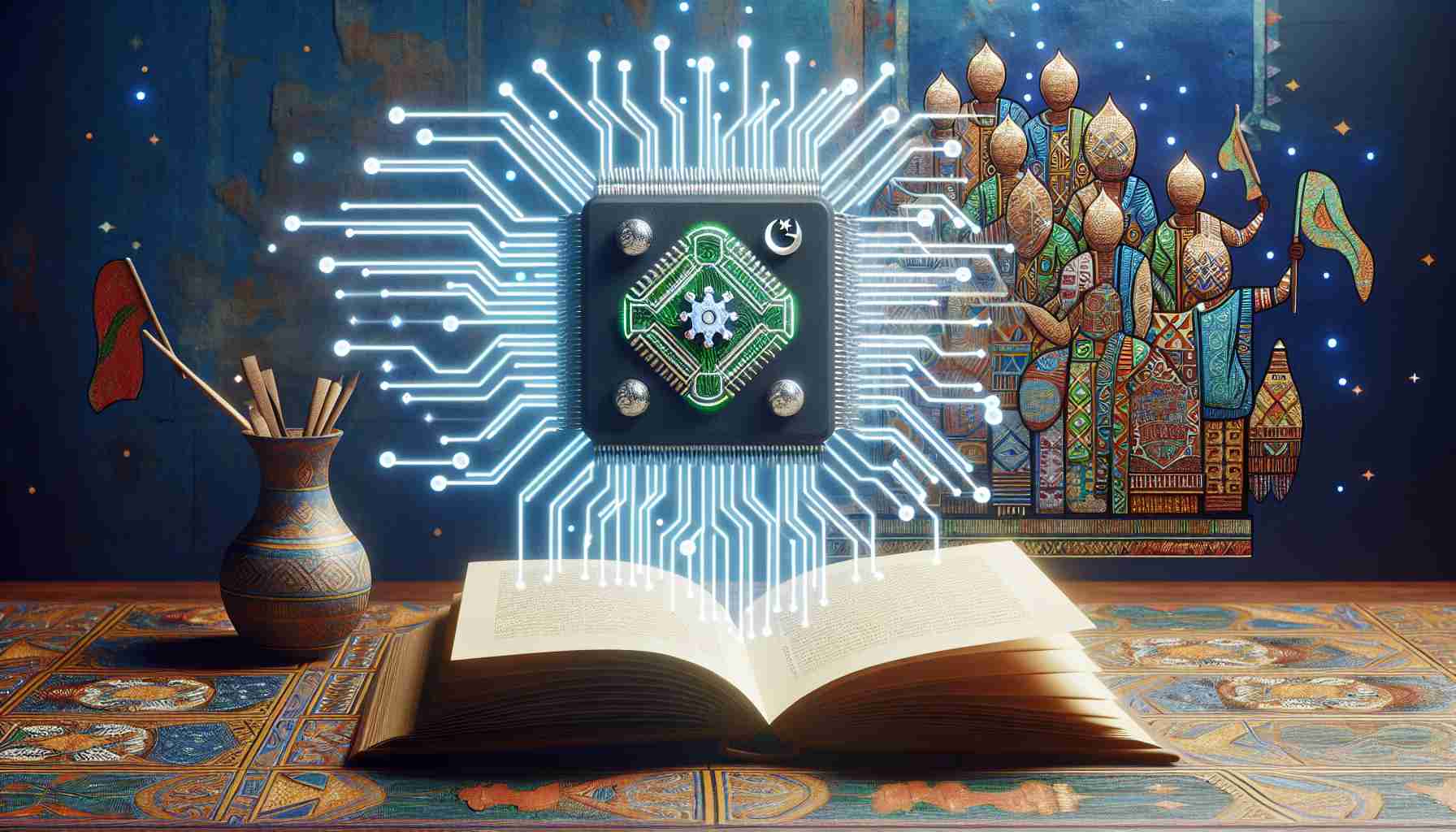Mali’s shift away from French and towards local languages in education has sparked an innovative use of artificial intelligence to create culturally relevant children’s literature. In an effort to break free from its colonial linguistic ties, Mali’s military government has elevated Bambara, along with 12 other native languages, to official status. This bold move has made room for advancements in how educational material is created and distributed.
Among these innovative strides, a tech startup, RobotsMali, emerges as a game changer. The company has harnessed the power of AI to craft over 140 children’s books in Bambara. This undertaking is fueled by a newfound political will, endorsing a robust educational ecosystem based on the country’s vernacular languages. RobotsMali’s work is a testament to the positive impact AI can have on preserving and popularizing indigenous languages and cultures. The company utilizes platforms such as ChatGPT to generate stories that closely reflect the daily lives and values of Malian children.
In a context where the majority of African languages remain underrepresented online, Mali is carving a path for other nations to follow. By integrating these national languages into the digital sphere, Mali not only uplifts its linguistic heritage but also sets a standard for educational innovation across the continent. The successes reported in Mali could pave the way for broader acceptance and integration of AI in educational systems everywhere, particularly for the development of content in underrepresented languages.
Current Market Trends:
The global AI market in education is experiencing rapid growth, driven by personalized learning, the increasing adoption of AI tools for efficiency, and adaptive learning technologies. AI-powered solutions like natural language processing and machine learning are being widely deployed to enhance various educational experiences including the creation of learning materials.
Forecasts:
The AI in education sector is expected to continue growing, with forecasts predicting a significant increase in market size in the coming years. As the technology advances, it is likely that more educational material, including children’s books, will be customized to meet local language and cultural needs.
Key Challenges and Controversies:
One of the main challenges is ensuring AI-generated content is accurate, culturally sensitive, and free of biases. There is also the debate regarding the potential replacement of educators with AI, concerns over data privacy, and the digital divide that may prevent equal access to such AI-driven educational resources.
Advantages:
– Fosters linguistic and cultural representation in education.
– Can generate a large volume of educational content rapidly.
– Potentially lowers the cost of producing diverse educational materials.
– Encourages literacy in native languages.
– Fuels interest in AI and technology among local communities.
Disadvantages:
– Potential quality issues with AI-generated content.
– Risk of loss of jobs for local authors and illustrators.
– Requires rigorous review to ensure cultural and contextual appropriateness.
– May introduce biases if AI is not adequately trained on diverse datasets.
– Dependence on technology, which may exacerbate the digital divide.
In the context of Mali, this AI initiative responds to the most pressing question of how to produce a substantial amount of educational material in local languages quickly and reflects local cultures and contexts effectively.
As an additional resource, those interested in the growth of AI in education and its applications around the world can visit websites such as the UNESCO, which often covers educational innovations, policies, and AI’s influence on education globally without endorsing specific companies or products.

